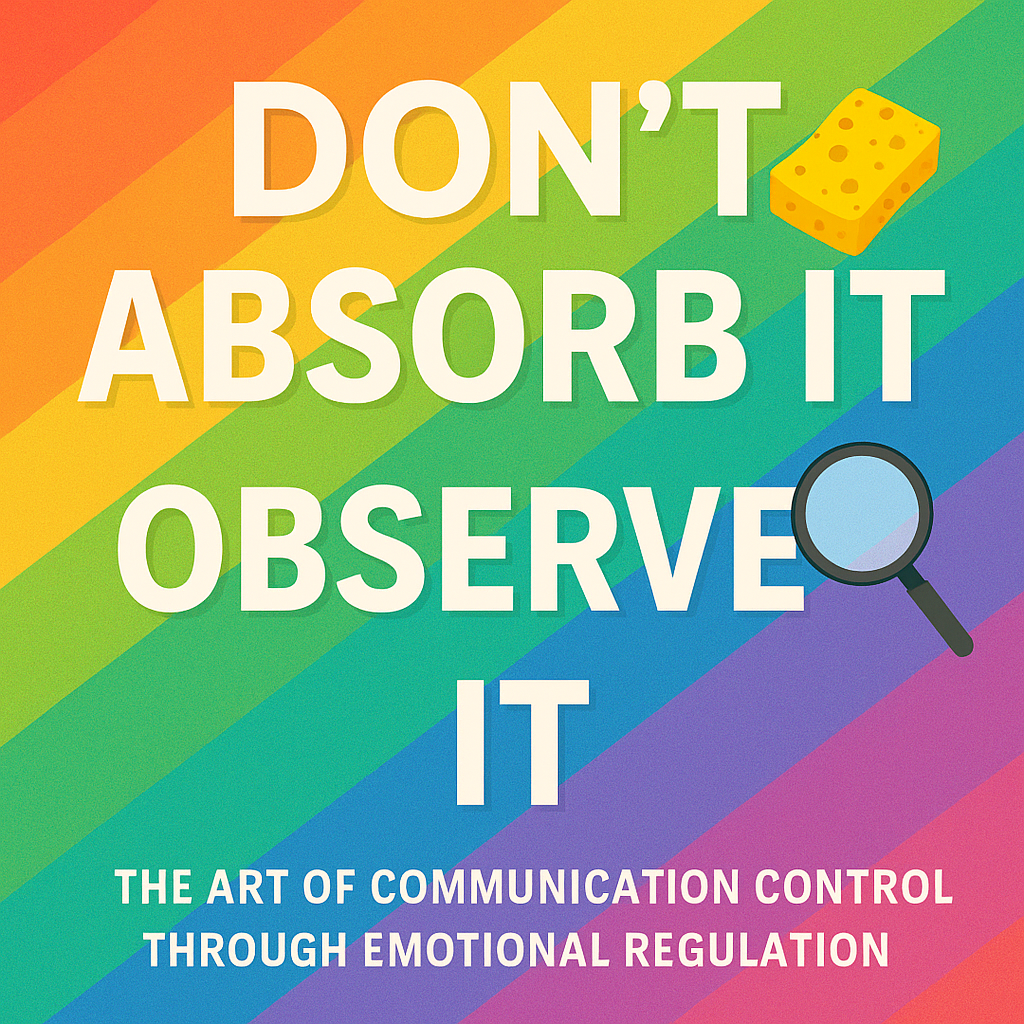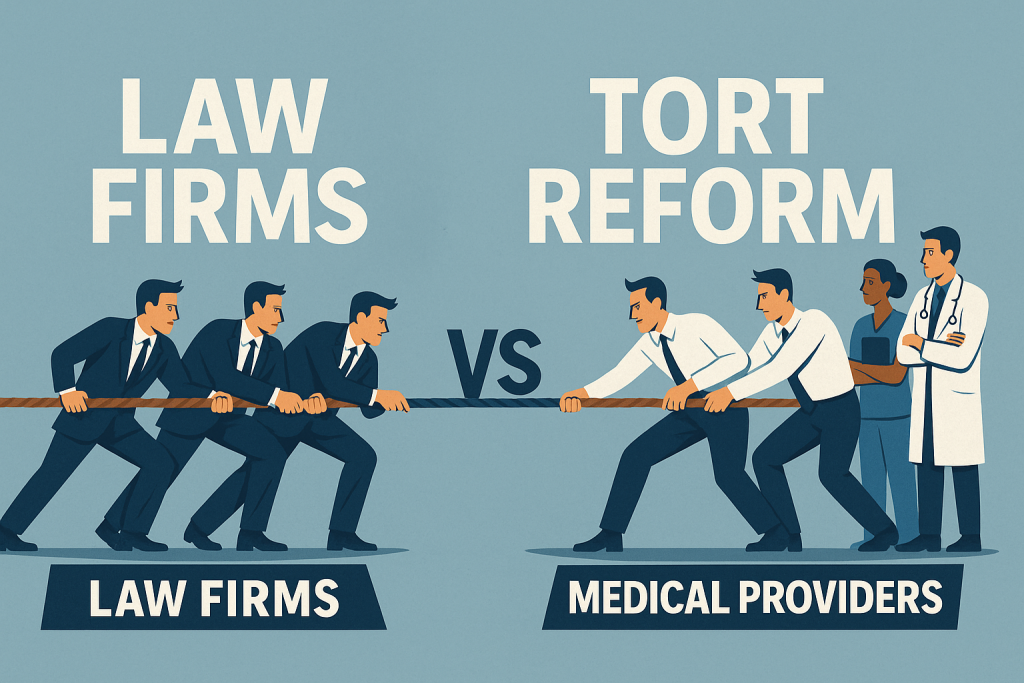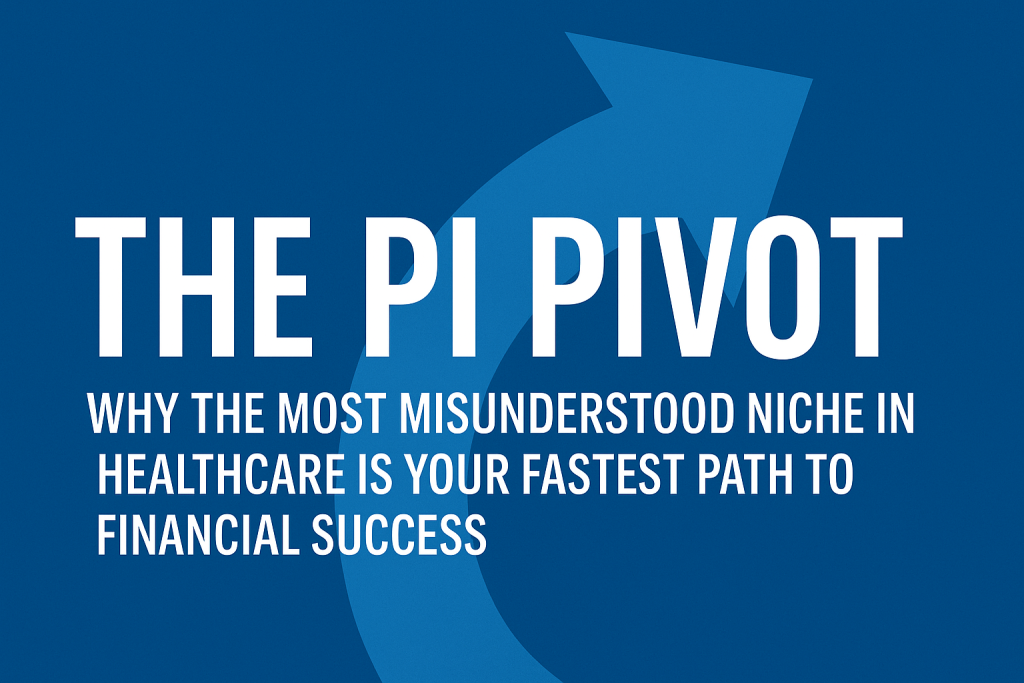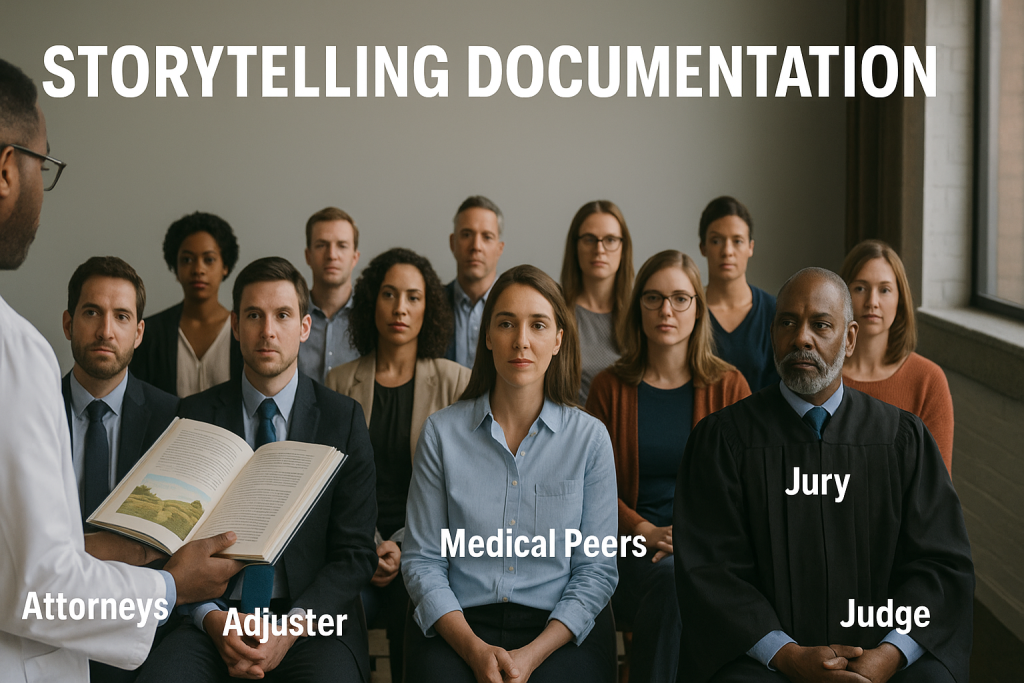Personal Injury: Where the Biopsychosocial Model Comes Alive

Personal injury care is more than just treating tissue damage. Discover why a biopsychosocial approach—addressing biological trauma, psychological shifts, and social disruption—is essential for better patient outcomes and bulletproof storytelling documentation. Stop treating “just the neck” and start treating the whole person to elevate your value as a PI specialist.
Don’t Let Time be a Profit Thief

In personal injury, time is a thief operating in plain sight. It doesn’t break windows, but it quietly steals your profits through administrative delays and missed milestones. Learn how to protect your practice using four essential security measures—contracts, state bar rules, proactive tracking, and peer networks—to stop the theft and secure the revenue you’ve earned.
Don’t Absorb It, Observe It

In negotiation and everyday interaction, you don’t have to take on someone else’s chaos to understand it. This post introduces the transformative principle: Don’t Absorb It, Observe It. Learn to become the emotional thermostat of the room, controlling the temperature by regulating yourself. We’ll break down the three levels of control—if, how, and when—that turn you from a reactive participant into the confident director of the conversation.
How Medical Providers Are Being Misled About Tort Reform

The plaintiff’s bar is shouting that tort reform is destroying Personal Injury (PI), but medical providers are being misled. This movement, accelerating across the nation, is primarily threatening attorney margins (like the proposed 25% fee cap in California), not provider payments. The truth is, tort reform forces better documentation and ethical practice, actually elevating the value of skilled providers and potentially leading to fairer, faster settlements. Don’t panic—this is an opportunity to clean up the industry.
The PI Pivot

Traditional healthcare is flooding practices with crisis. The path to financial hope and stability is the Personal Injury (PI) segment. PI is the most misunderstood, yet financially rewarding, niche in medicine. In PI, your documentation and expertise directly influence higher financial outcomes, granting you the leverage and respect you deserve. Stop fearing PI—it’s time to make The PI Pivot.
The Power of the Pause in Negotiations & Communications

Discover one simple, powerful habit that will transform your negotiations and communications: the pause. It is not weakness; it is a strategic move that gives you emotional control. Learn how to harness this brief moment to shift from a hot reaction to a clear, purposeful response, turning pressure into performance and conflict into clarity.
BECOME A NEGOTIATION NINJA: The Art of Out-Negotiating Anyone on Anything

Your value deserves victory. Discover the DISRUPTIVE Method, a 10-Commandment system that transforms you into a Negotiation Ninja. Protect your margins and assert your worth without confrontation.
Think Ahead So You Don’t Come Out Behind in Your Personal Injury Segment

In personal injury medicine, most problems start small and go unmanaged. Success does not reward the reactive; it rewards the prepared. The true edge in your PI segment is about thinking ahead from using protective lien agreements to pre training your staff so you do not come out behind financially or operationally.
Rethink Attorney Fee Arrangements Before They Drain Your Practice

Never hire an hourly attorney without serious safeguards. Unrestricted hourly billing is a financially dangerous arrangement that rewards inefficiency and hides inexperience. Learn how to protect your medical practice from padded bills and fund an attorney’s education by demanding flat fees and AI transparency.
How Medical Documentation Shapes Justice in Personal Injury

Medical documentation should tell a patient’s unique story, not just record numbers. This post explains how adding human details to your notes—like pre-existing conditions and personalized goals—can build a stronger, more credible case for a patient’s recovery.


